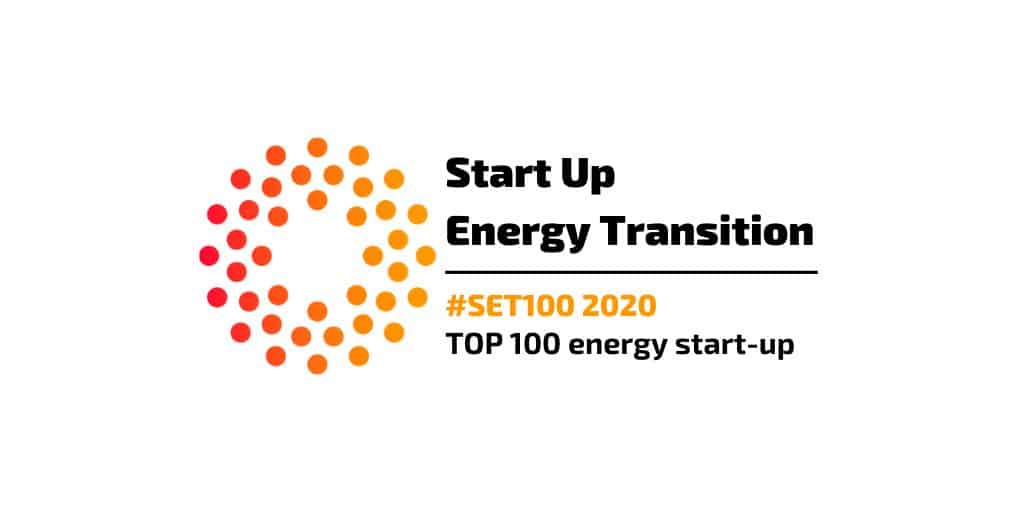03.05.2023
Fleet Management: Budgeting Issues and Standstill Losses
As the energy transition progresses, increasingly more companies are upgrading their fleet of passenger vehicles from internal combustion engines to electric vehicles. While there are many benefits to this transition, fleet managers are now also facing new and different challenges when it comes to managing and expanding their fleets. One unexpected challenge that fleet managers with EVs tell us they have encountered is difficulty in accurately budgeting for electric vehicles and then facing unexpected standstill losses as a result.
When investing in a new vehicle, companies must estimate the running costs of the car for the coming year to then be able to define their budget. Issues occur when the running cost of the vehicle ends up going overbudget. This happens because the fleet manager underestimated the total cost of owning and running the vehicle, and certain costs are thus incurred that were not considered in the budget. Fleet managers often observe too late that the energy consumption of the electric vehicles can be quite high, even while an employee is parked and the car is therefore stationary. This is what we call standstill losses, and it is something that many fleet managers are not aware of and therefore do not consider when first estimating the cost of an EV. A fleet manager will generally calculate the total cost of the vehicle based on three factors: the consumption quoted by the manufacturer, the expected kilometres covered by the driver and the price of electricity. However, the cars also consume electricity even when they are not moving, meaning the overall consumption is often higher than anticipated.
Since several fleet managers highlighted this concern to us, re.alto has started estimating the cost of these standstill losses to help enable fleet managers to budget more accurately in future. To do this, we refer to data that we obtain from the cars, including odometer readings and GPS locations. Obviously, the cars consume the most electricity while they are being driven. However, our analyses show that they also consume significantly more than expected while parked. Typical losses mount to about 3% of its battery capacity every 24 hours while it is parked and doing nothing. While this number may vary slightly from brand to brand, it ultimately amounts to about 20-25% of the total energy that is consumed by a car being wasted as standstill losses. That is roughly 500-600 euros worth of electricity a year for a single car that the fleet managers didn’t budget for because they were either completely unaware of the issue or because they are simply unable to monitor these factors. Naturally, such costs can quickly accumulate if multiple cars are purchased, and this then leads to a big headache for fleet managers, who have only considered the watt/hour per KM that the car is expected to drive. This is where re.alto comes in, because our Connect platform can give fleet managers better insight into this consumption and ultimately help save them money. The Connect platform can therefore enable fleet managers to budget better by taking into account the standstill losses and by helping them identify abnormal situations that require special attention.
Feel free to reach out to us today for more information on how re.alto can help you estimate these costs and budget more accurately to improve your company’s transition to EV.

The graph above shows on the left axis the total accumulated charging (in grey) over time, whereas the red and blue lines indicate the split between energy used during driving or during standstill respectively. On the right axis, the yellow line indicates the average consumption of the car during driving.











